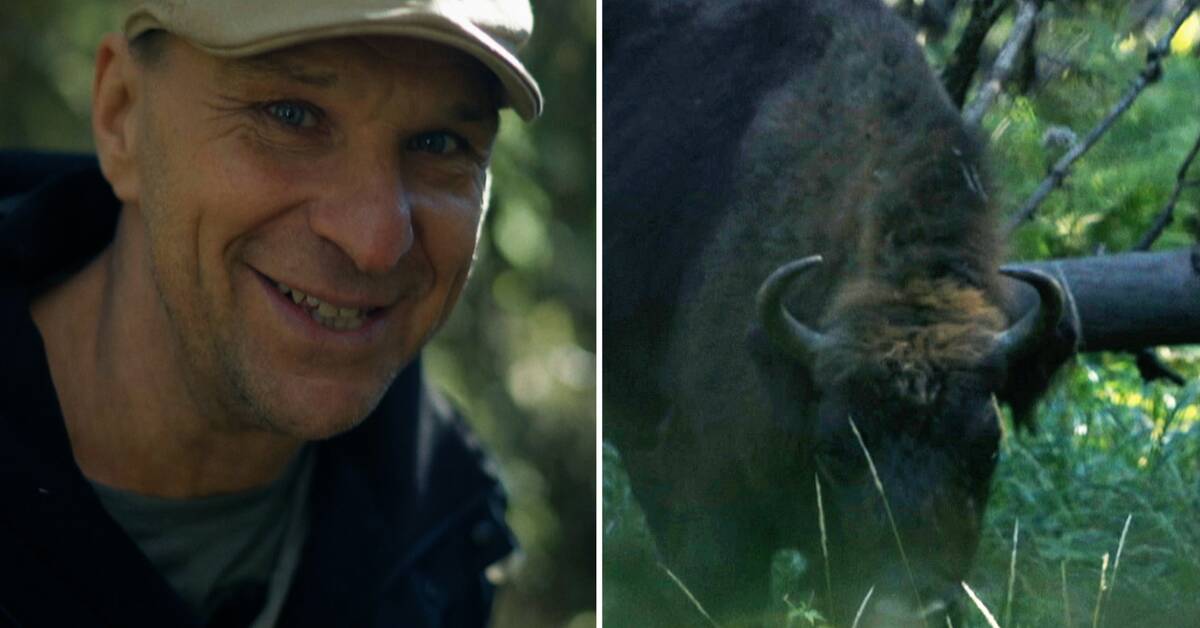In the Făgăraș Mountains in Romania, European bison oxen, bison, wander in the open.
A project to reintroduce wild bison to Europe has been underway for several years, and the promoters hope that the species will help keep the lands open by eating grass.
- We believe that bison have a very large impact on these forests.
It is hard to say now what it will look like, we have a lot to learn.
So we follow the bison and how they affect the vegetation, says Barbara Promberger, head of Foundation Conservation Carpathia.
Unlike moose and deer, for example, which mostly eat bushes and sedges, bison are herbivores.
Therefore, scientists believe that they could become a complement to the wild animals that already exist.
Hope for wild bison in Sweden
Several thousand years ago, wild bison were also found in Sweden, but today they are only found in captivity.
Some of them are transported to other European countries to be released into the open.
The debate about releasing bison also in Sweden has been carried on for several years, but no actor has concrete plans to reintroduce the species.
- Ecologically speaking, we need the bison for the biological diversity in Sweden.
The entire European ecosystems depend on there being large herbivores that keep land open, says Staffan Widstrand, co-founder of the Rewilding Europe foundation.
Rewilding Europe works to reintroduce various animal species around Europe.
Although there are currently no concrete plans to reintroduce bison in Sweden, he hopes to see wild bison in Sweden.
- If I had to guess, I think that within ten years we will have wild bison in Sweden, maybe within five years.
They are found, among others, in Denmark, Germany, Holland, Poland and Bulgaria.
Why on earth wouldn't we have them in Sweden?
They are part of our fauna, he says.
See En vildare värld on December 1 at 21:00 on SVT1 or whenever you want on SVT Play.

